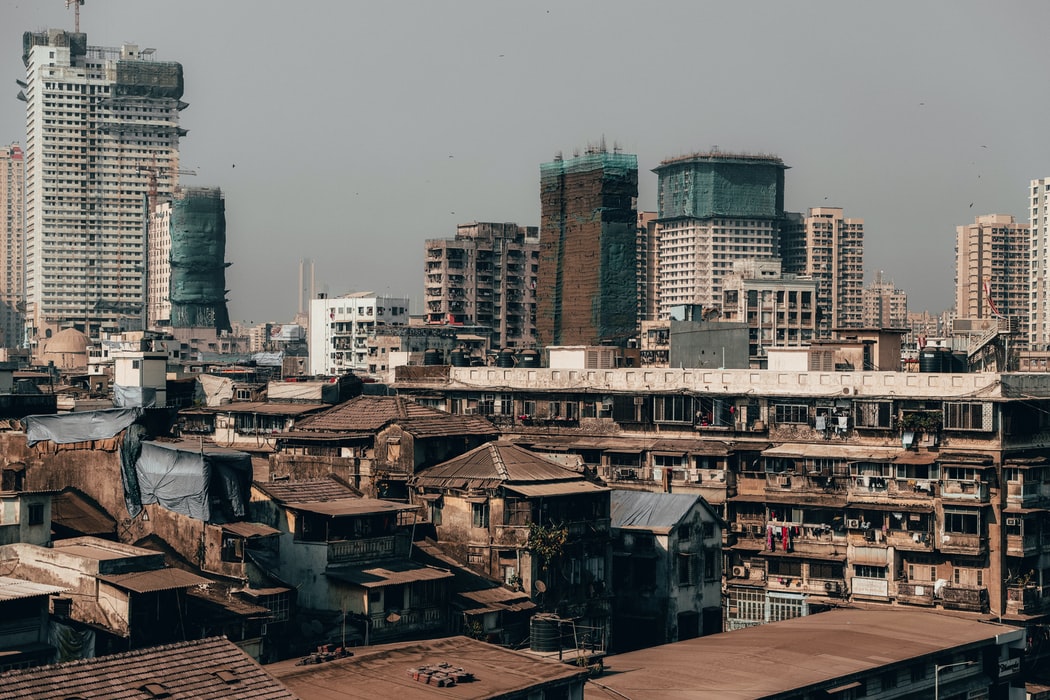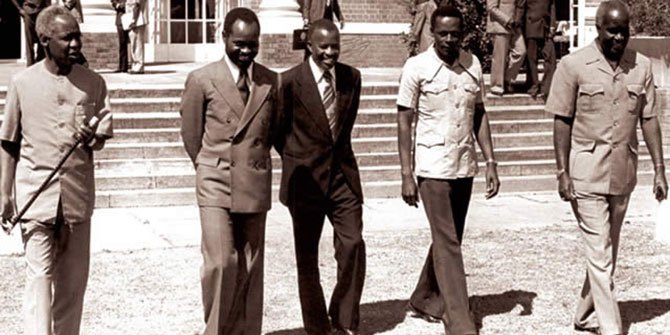MSc Human Rights candidate, Abdullahi Yussuf makes a strong case for more inclusive workplaces and makes suggestions for employers to create equal access and opportunities for disabled people.
As a disabled person living with Cerebral Palsy left hemiplegia, one area I have struggled with (and which you hardly ever read about) is self-doubt. People with disabilities continue to face barriers to obtaining higher-up positions in companies or organisations, and it makes us doubt our capabilities. I, for one, have certainly felt that way. Although self-doubt is something I am working on now, it sometimes likes to squeeze itself back into my life, which I am sure other disabled people experience as well.
Luckily, more and more companies, such as the 10,000 Able Interns Programme, help disabled students and graduates recognise their potential by supporting them in landing paid internships in various UK industries. Programmes such as these show companies and organisations the benefits of having a diverse workforce, including people with disabilities. This is a particular programme I am aiming to get on – I allowed self-doubt to stop me from applying this year and last year.
In case it needs re-stating, there are numerous benefits to having people with disabilities in higher-up positions. For one, it provides a fresh perspective on a company’s challenges. People with disabilities have had to overcome various obstacles and barriers throughout their lives, giving them a unique perspective on problem-solving. They often have to find creative ways to navigate the world around them, which translates well to business.
One of my friends got a late diagnosis of Dyslexia, for example, after facing challenges when he was coming up in his legal career. However, since he and the firm worked together to ensure reasonable adjustments were put in place, he’s now a managing associate in a big law firm in the UK.
Having people with disabilities in higher-up positions can help to break down stereotypes and biases in the workplace. When people with disabilities are in positions of power, it sends a message to other employees that everyone has the potential to succeed, regardless of their abilities. I vividly remember how hesitant I was to disclose that I had Cerebral Palsy when I applied to become a producer for the 2022/23 Royal Albert Hall’s Young Producers Programme. However, with a leap of faith that everything was going to be okay, I instantly began to see the benefit of disclosing that I had a disability. I was treated like everyone else during the recruitment process (which I loved). I ended up successfully securing the producer position. I ultimately worked with six other people to create an evening event called Licence To DV8 at the hall, and it sold out.
Despite these advances, disabled people continue to face barriers when it comes to obtaining higher-up positions in companies. One of the main barriers is a lack of accessibility. Many buildings and workplaces make it difficult for people with disabilities to navigate the space. This can be a significant obstacle when attending meetings or events and accessing the resources needed to do their job effectively.
Another barrier is the need for inclusive hiring practices. Many employers are not actively recruiting people with disabilities, which means that talented individuals are being overlooked. Additionally, the hiring process often lacks accommodations, such as providing sign language interpreters or accessible online applications. This can make it difficult for people with disabilities even to get their foot in the door.
It really isn’t rocket science – here are some suggestions for employers on creating equal access and opportunities for disabled people like me.
- First and foremost, companies and organisations need to commit to accessibility. This means ensuring that buildings and workspaces are designed with accessibility in mind and that accommodations are provided as required. It also means actively recruiting people with disabilities and providing accommodations throughout the hiring process.
- In addition to these steps, companies and organisations can take a proactive approach to building a diverse and inclusive workforce. This means creating a culture of inclusivity where all employees feel valued and respected, regardless of their abilities. It also means providing training and resources to help employees understand and address any biases they may hold.
- Finally, it’s essential to recognise that breaking down barriers and creating a more inclusive workforce will take time. As the saying goes, a journey of a thousand miles begins with a single step. Or a single meeting. Weekly check-ins with disabled employees on how they are managing their tasks and help suggest going for higher positions, another way to assist them in seeing their potential and abilities.
Get the message? People with disabilities in higher-up positions are essential to creating a more diverse and inclusive workforce. People with disabilities bring unique perspectives and problem-solving skills to the table, and their inclusion can help to break down stereotypes and biases that exist in the workplace. As a disability advocate, I will continue to advocate for this – please join me!
The views expressed in this post are those of the author and in no way reflect those of the International Development LSE blog or the London School of Economics and Political Science.
Featured image: Christina via Unsplash.com.






Amazing article Abdullahi. I really enjoyed reading it. Great work!